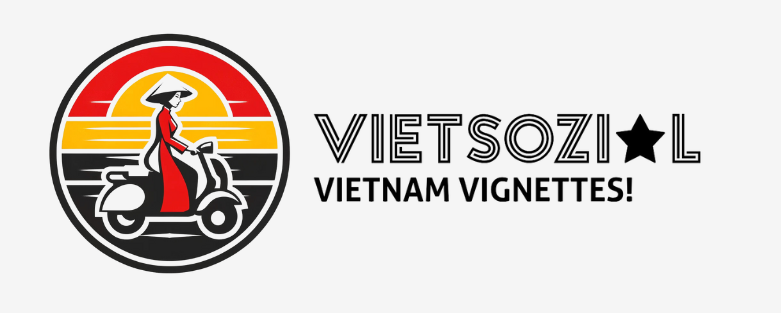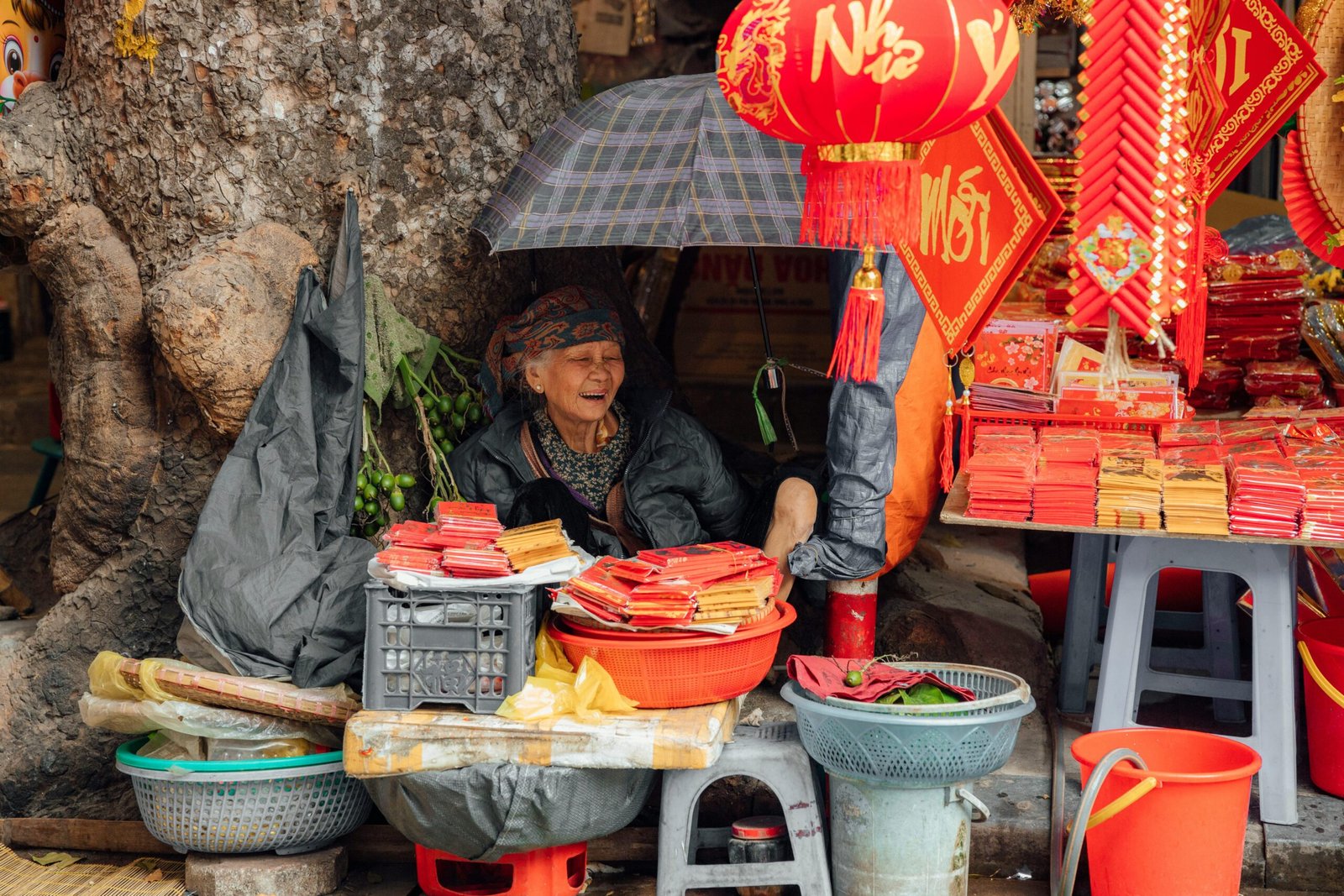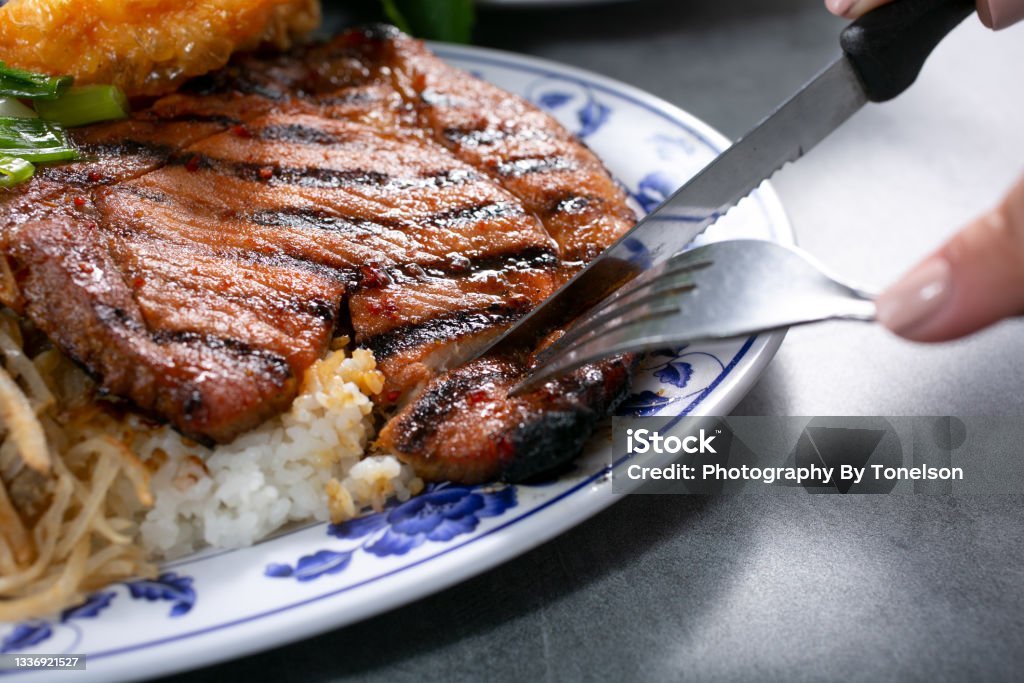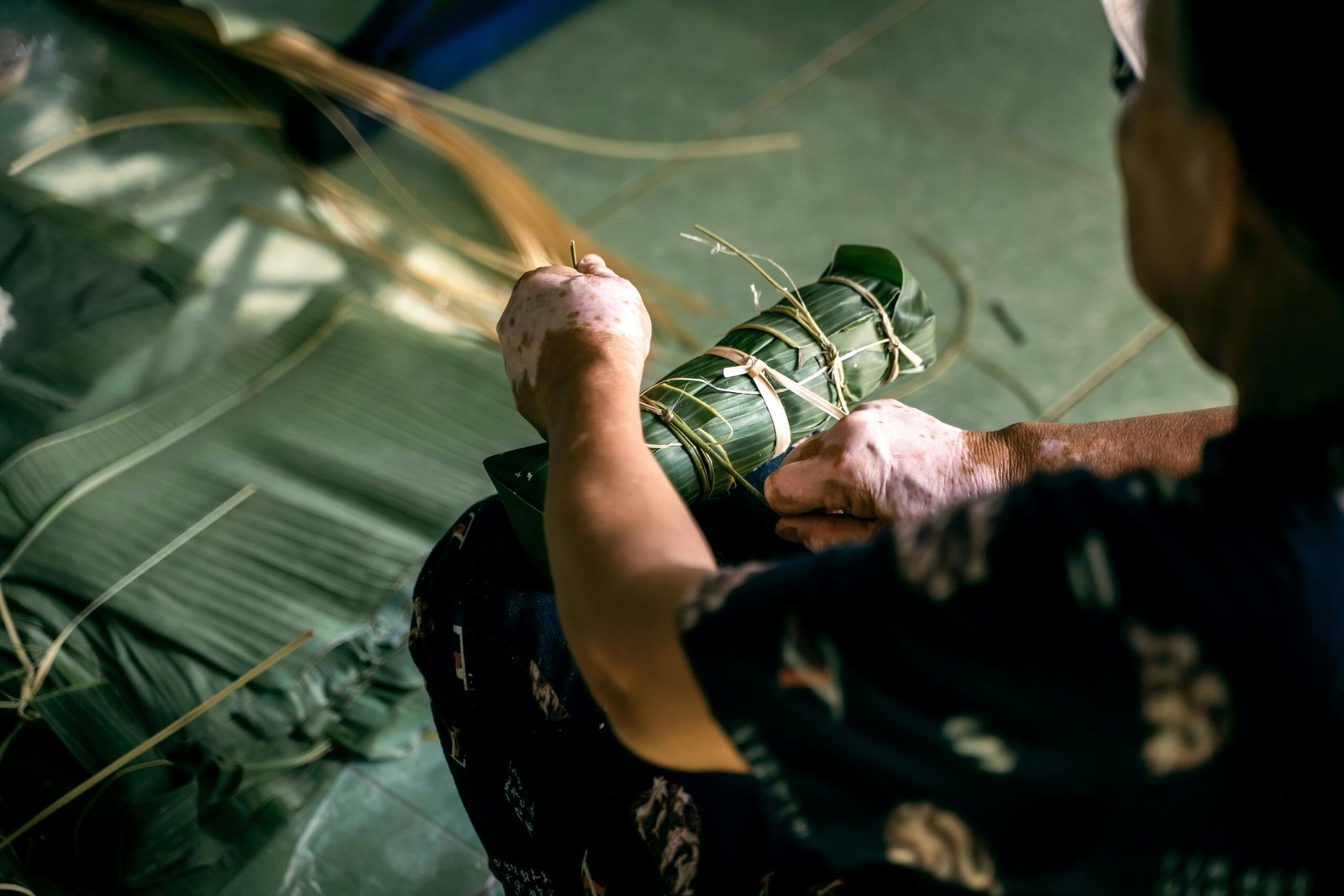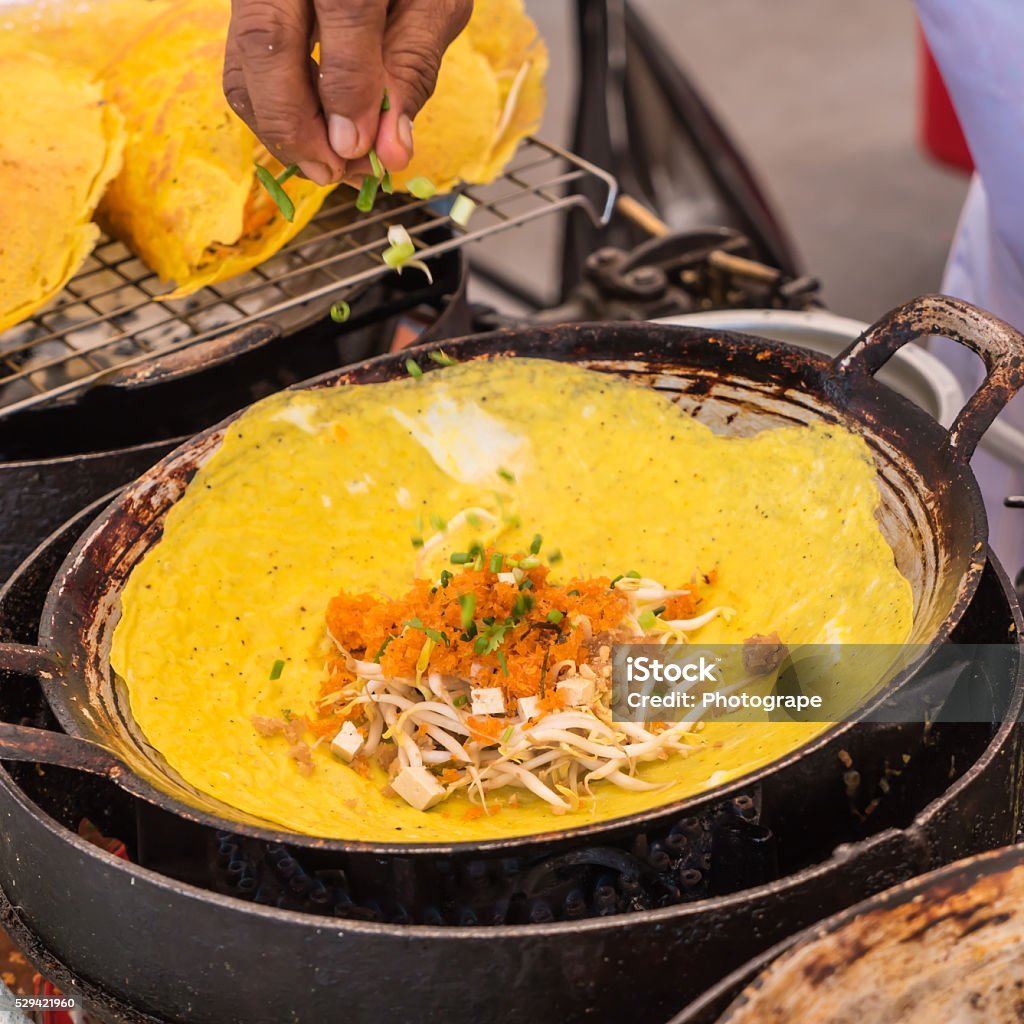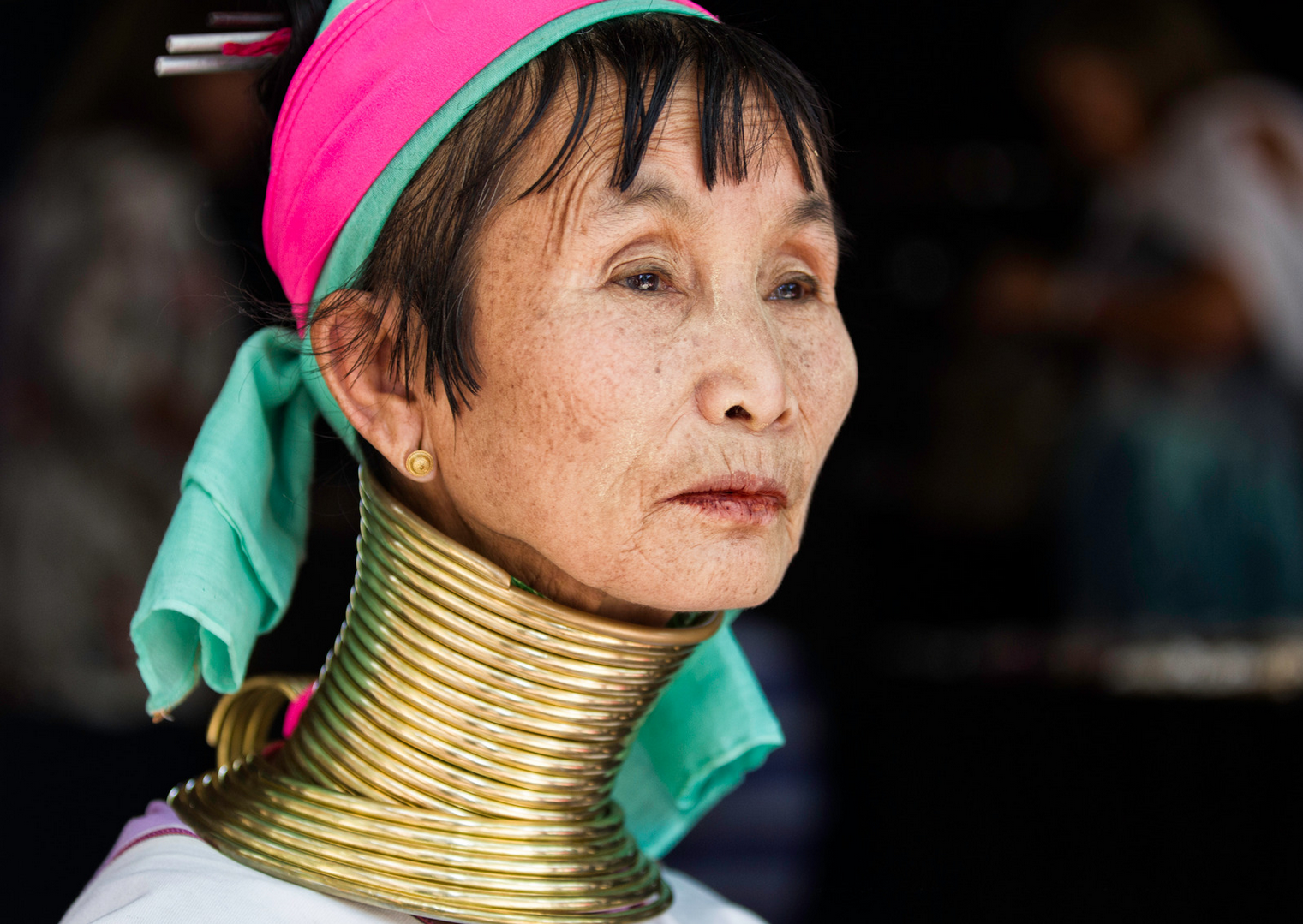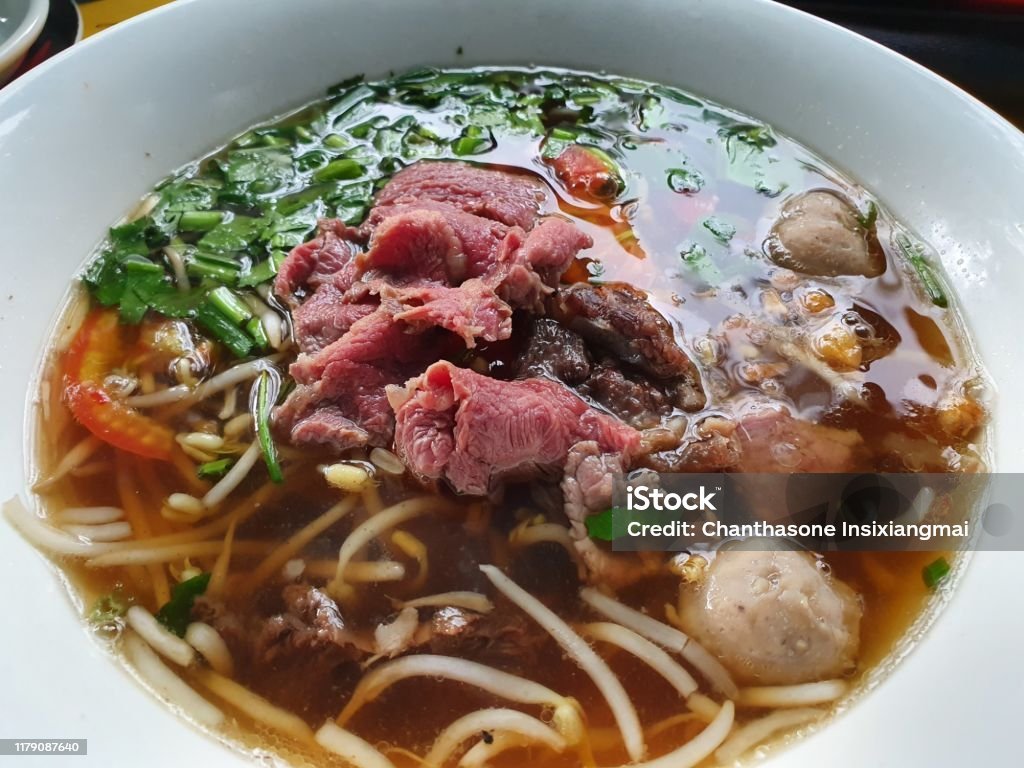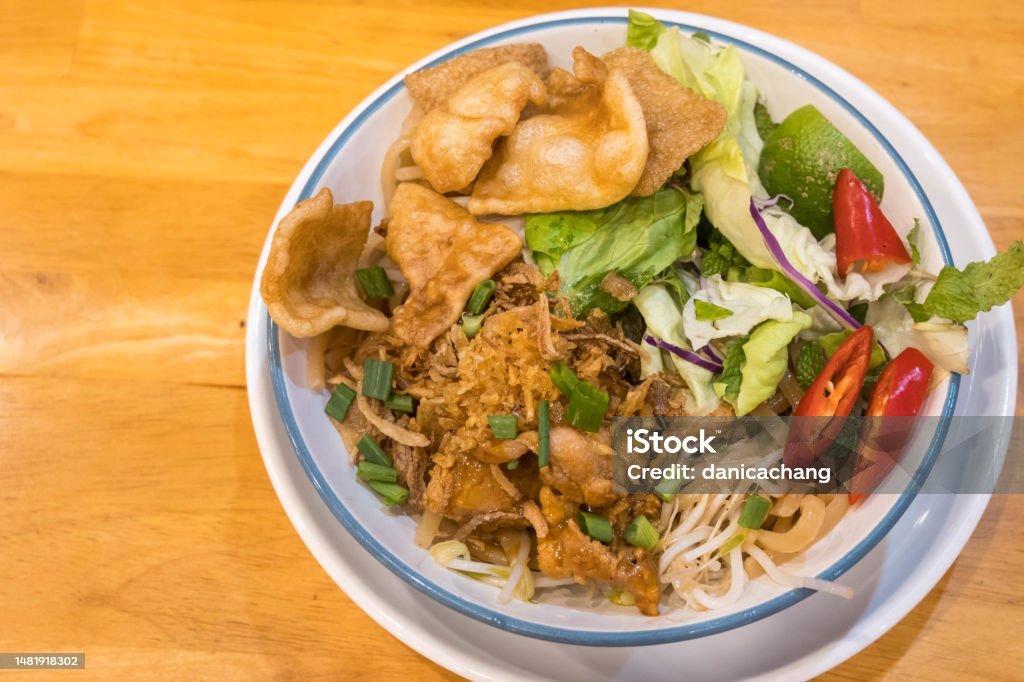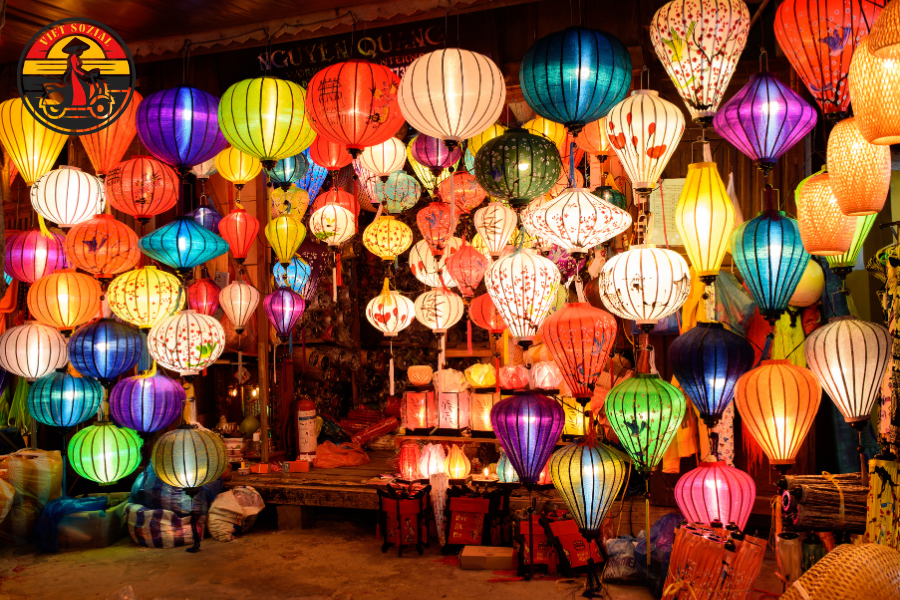
The Mid-Autumn Festival is one of the largest and most significant celebrations in Vietnam. During this festival season, you will find a variety of exciting activities and gorgeous decorations throughout the streets. If you are a foreign visitor experiencing the Mid-Autumn Festival in Vietnam, Vietsozial is here to help you fully enjoy the festivities. Let us guide you on this journey to explore the joys of Vietnam’s Mid-Autumn Festival.
Read more: Vietnamese Folk Beliefs and Superstitions
1. A quick look at Vietnamese Mid-Autumn Festival
What – is Vietnamese Mid-Autumn Festival? Vietnamese Mid-Autumn Festival, or “Tết Trung Thu,” is an important traditional event celebrated on the 15th day of the 8th lunar month. This festival, which highlights the peak of the harvest season, is commonly known as the Moon Festival or the Children’s Festival.
Why – is Mid-Autumn Festival important in Vietnam? Because iIt is a vibrant celebration that brings together the joy of the harvest, family bonding, cultural traditions, and the appreciation of the moon’s beauty.
When – does it happen? The Mid-Autumn Festival is celebrated annually in Vietnam on the 15th day of the 8th lunar month. Below is the exact date of Mid-Autumn until 2030 (according to Sonar Calendar). We hope this will help you plan your trip better.
| Year | Date |
| 2024 | 17th September (Tuesday) |
| 2025 | 6th October (Monday) |
| 2026 | 25th September (Friday) |
| 2027 | 15th September (Wednesday) |
| 2028 | 3rd October (Tuesday) |
| 2029 | 22nd September (Saturday) |
| 2030 | 12th September (Thursday) |
Where – to experience community activities? Hội An, Hà Nội, Huế, Đà Nẵng, Tuyên Quang, and Hồ Chí Minh are ideal destinations to experience the Mid-Autumn Festival. These places offer a genuine insight into the cultural depth and communal celebration of this festival in Vietnam.
Which – food is typical during the festival? “Bánh Trung thu”, the Vietnamese term for mooncakes, are the quintessential food associated with the Mid-Autumn Festival.
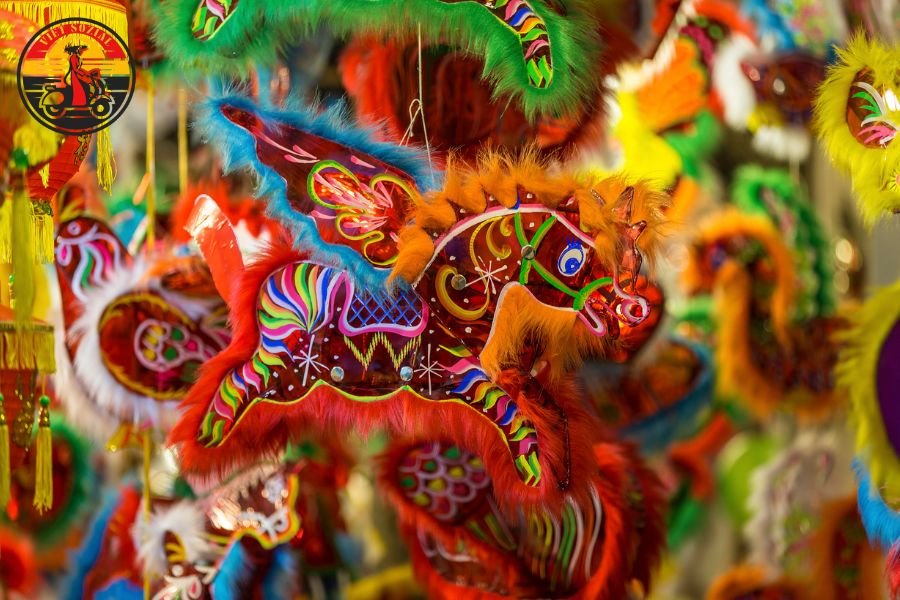
2. The folk tale of the Mid-Autumn Festival
Vietnam is a country rich in cultural heritage, filled with fascinating folklore. The Mid-Autumn Festival is rooted in characters that are familiar and endearing to the Vietnamese people: Chị Hằng and Chú Cuội.
Legend has it that there was once a fairy named Hằng Nga, renowned for her beauty and her love for children. Despite the celestial realm’s prohibition, she often descended to the earthly realm to play with the children.
One day, the Jade Emperor (Ngọc Hoàng) announced a baking contest for the full moon night. The prize would be awarded to the person who made the most delicious and beautiful cake. Hằng Nga decided to descend to the earth to create a special cake and participate in the competition.
Hằng Nga happened upon Chú Cuội, known for his tall tales. He taught her a unique baking method: mixing the ingredients together and baking them. Hằng Nga then brought the cake back to the celestial realm to enter the contest. Reluctant to part ways, Chú Cuội grabbed Hằng Nga’s hand and flew up to the moon along with the banyan tree from the village. The cake Hằng Nga brought from the earthly realm won first prize and was named the Mid-Autumn Mooncake.
However, Chú Cuội gradually began to feel homesick after being stuck on the moon for some time. Therefore, Hằng Nga asked the Jade Emperor to allow Chú Cuội to visit the earthly realm once a year. This annual visit occurs during the 15th day of the 8th lunar month.
During this time, Hằng Nga and Chú Cuội prepare numerous mooncakes and organize various activities for children. This is how the Mid-Autumn Festival came into being, also known as the “Festival of Reunion.”
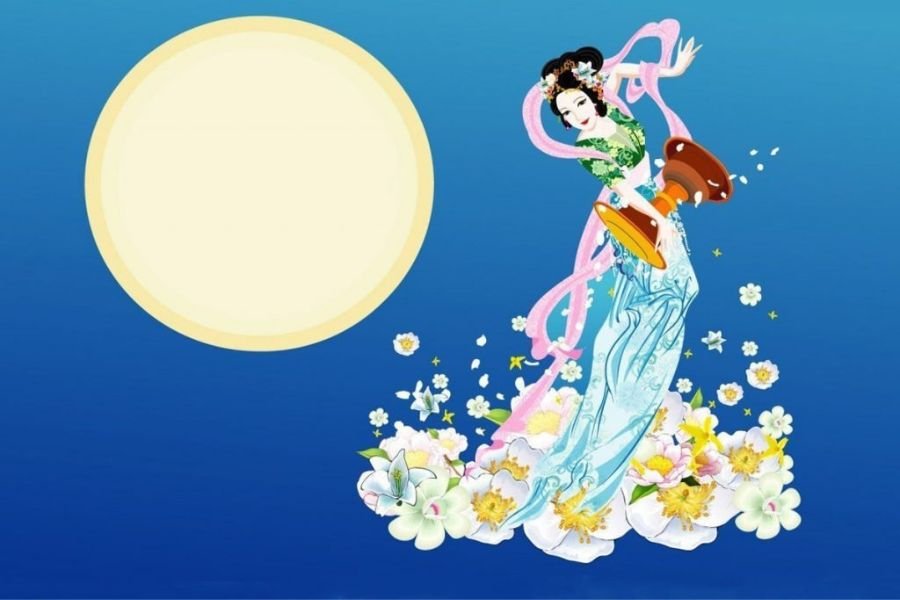
3. The cultural importance of the Mid-Autumn Festival
Inspired by the legend of Chú Cuội reuniting with his family on the 15th day of the 8th lunar month, the Mid-Autumn Festival is a time for family members to gather, enjoy meals, and share stories from the past year. It is an occasion to express gratitude and affection to grandparents, parents, teachers, and ancestors.
For children, the Mid-Autumn Festival is a time for fun and excitement, including activities like playing games or parading with lanterns. They get to participate in various events at schools and playgrounds, and receive delightful gifts such as colorful lanterns and fragrant mooncakes.
In rice-growing agricultural cultures, the month of August marks a time of pleasant weather and favorable conditions for planting, with mild temperatures and favorable rains. Celebrating the Mid-Autumn Festival during this period serves as a way to express gratitude to the heavens and earth for a bountiful harvest and abundance. It also provides an opportunity for socializing and strengthening connections with friends and neighbors.
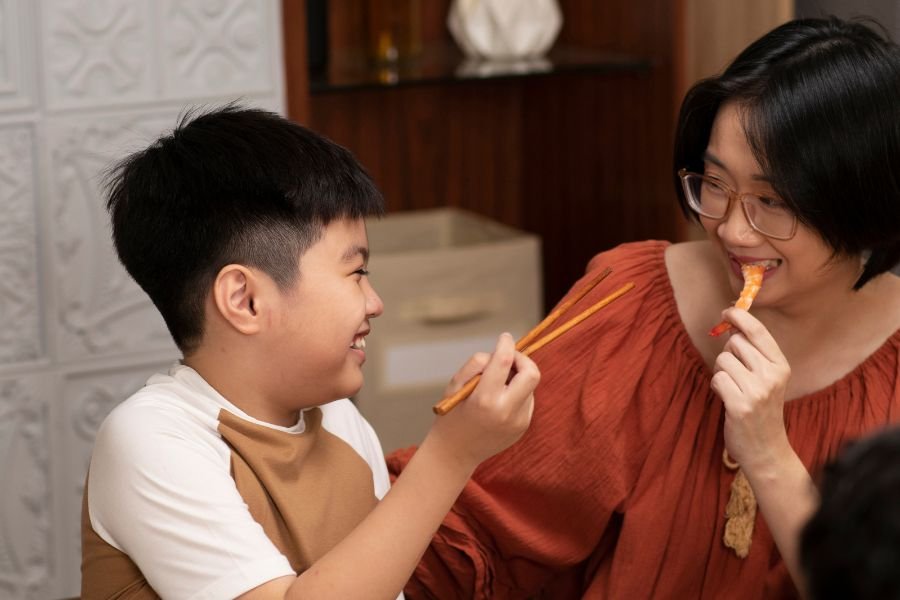
4. Are there any regional differences in the Mid-Autumn Festival in Asia?
YES, while the Mid-Autumn Festival shares common elements such as moon celebration, family reunions, and harvest, it also reflects a rich tapestry of cultural diversity across Asia.
- It goes by various names such as Chuseok in Korea, Tsukimi in Japan, and Tết Trung Thu in Vietnam.
- Even though it’s tied to the lunar calendar, the precise dates of the festival can vary somewhat between countries.
- The customs, foods, and activities related to the festival can vary significantly. For instance, while mooncakes are enjoyed in many countries, the types of fillings and styles differ greatly.
- The moon’s symbolic meaning varies depending on the cultural context.
5. Community-based activities that tourists should not miss
If the stunning landscapes of Vietnam enrich your eyes, the festive activities during the Mid-Autumn Festival will fill your heart with unique joy.
5.1. Crafting lanterns
Crafting lanterns is a delightful traditional activity during the Mid-Autumn Festival. The tools needed for lantern making are easy to find and inexpensive. You can enroll in a lantern-making workshop in Hội An, renowned for its intricate and colorful lanterns. Alternatively, you can repurpose materials like cans, cardboard boxes, and strings, and decorate them to create a unique lantern of your own.
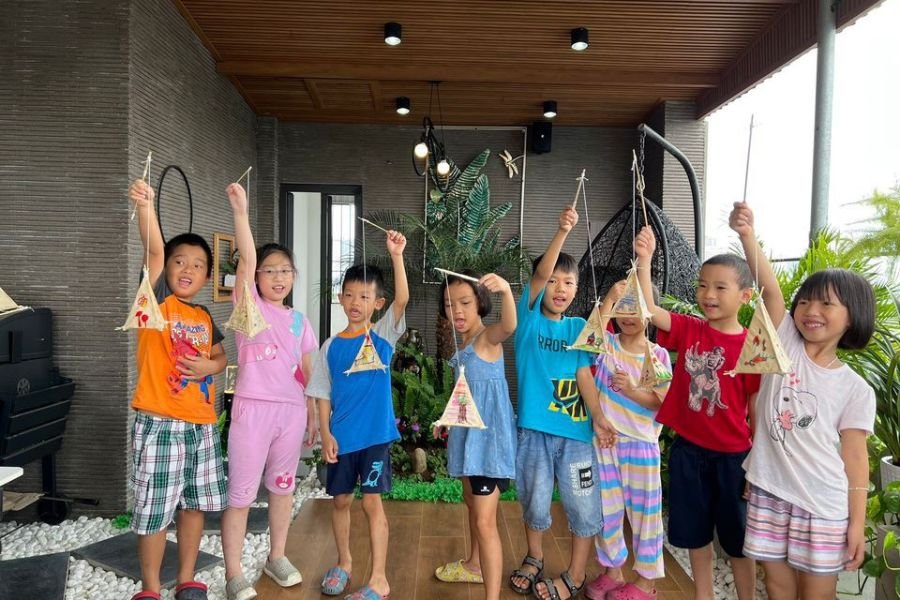
5.2. Carrying lanterns
One of the captivating activities during the Mid-Autumn Festival in Vietnam that visitors should not miss is the lantern parade on the 15th night of August (according to Lunar Calendar). As the moon rises, people in Vietnam light their lanterns and join the procession through the streets, singing traditional festival songs.
Tips: If you spot a crowd holding lanterns, dancing in a circle or any shape and singing, don’t hesitate to join in. Make your trip more meaningful by engaging with the locals!
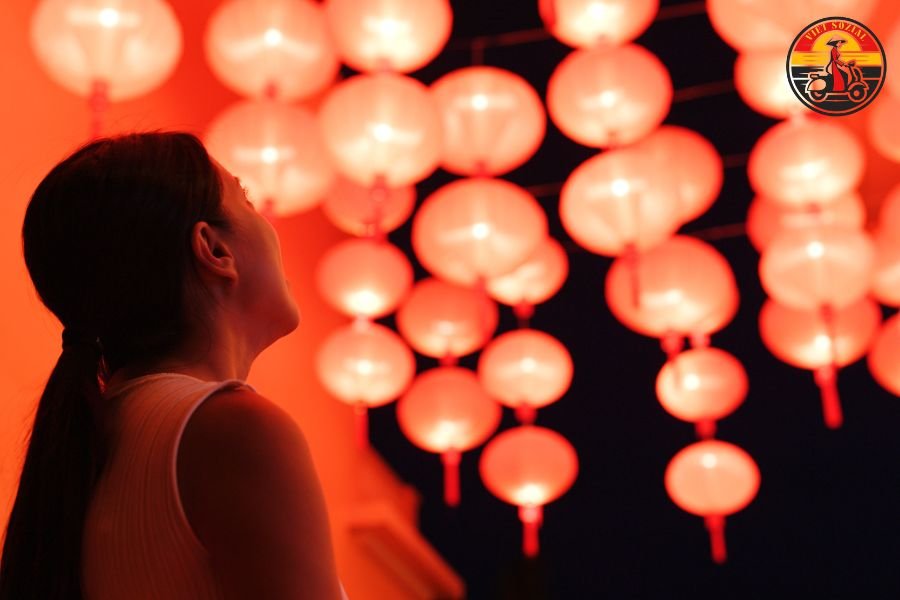
5.3. Savoring mooncakes
The festival would never be complete without mooncakes, a traditional treat for the Mid-Autumn Festival in Vietnam. There are two main types: “bánh nướng” or baked mooncakes, and “bánh dẻo” or sticky mooncakes which are soft and chewy.
Traditionally, “bánh nướng” is a golden-brown baked mooncake that contains up to 10 ingredients, such as pork fat, sausage, lotus seeds, lemon leaves, and wine. On the other hand, “bánh dẻo” is a soft, sticky rice mooncake filled with lotus seeds, mung beans, and pumpkin seeds. These mooncakes are round, symbolizing luck, happiness, good health, and prosperity.
In recent times, mooncakes feature a variety of innovative ingredients, including coconut, chocolate, matcha, black sesame, jelly and so on. Some even incorporate durian. Additionally, contemporary mooncakes come in a range of fun shapes, like pigs, fish, and to delight children.
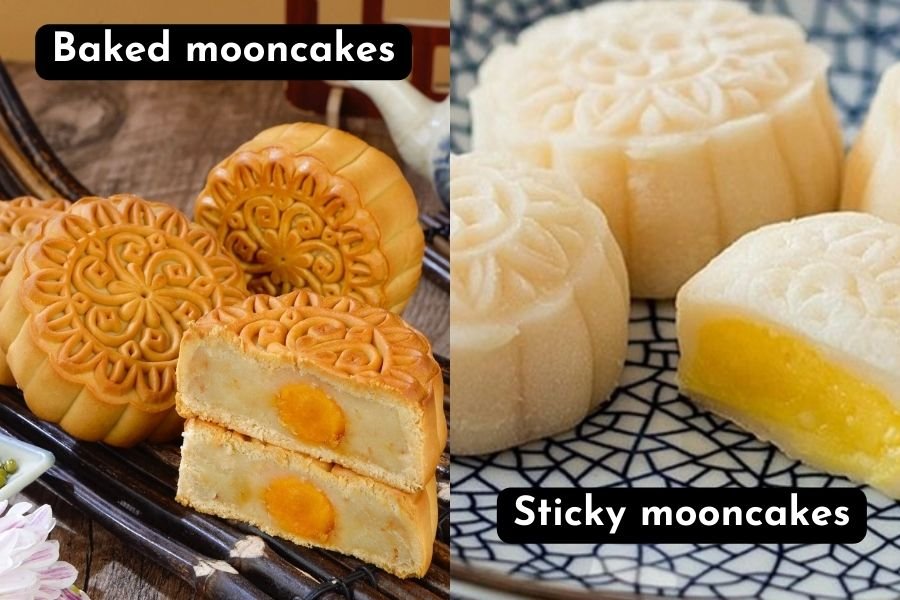
5.4. Watching the Lion dance performances
The Lion Dance, or “múa lân,” is a key feature of the Vietnamese Mid-Autumn Festival. Dancers wear an elaborate lion costume and perform an engaging dance accompanied by lively drumming.
While some groups may consist of amateurs performing for enjoyment, many dance troupes undergo professional training for months leading up to the festival to deliver impressive performances. In addition to traditional lion dances, some performers showcase advanced skills such as fire blowing and acrobatics.
You might be wondering “How to see a lion dance performance?”. Vietsozial has the answer for you now! You can see these performances all over the streets throughout the festival season. To increase your chances of witnessing a lion dance, visit bustling areas such as pedestrian streets, parks, and shopping malls. There, you will find numerous troupes, ranging from amateur to professional, offering a variety of entertaining performances and stories.
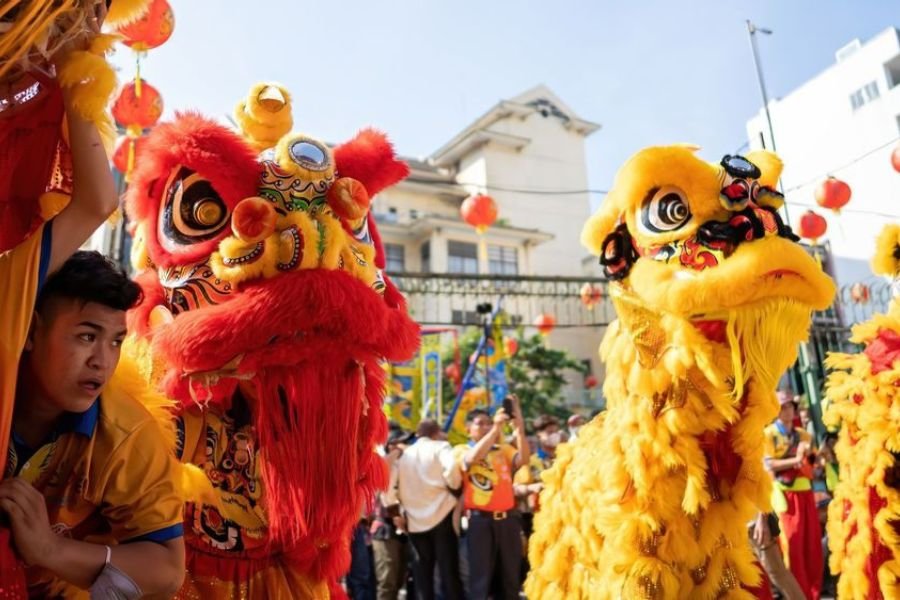
Conclusion
The Mid-Autumn Festival is a fantastic time to visit Vietnam. There are many reasons to travel to this S-shaped country during this period: the pleasant weather, engaging community activities, and delicious food. We hope you find this information about one of the most significant festivals here helpful. Don’t forget to follow Vietsozial for more valuable travel tips about Vietnam!
